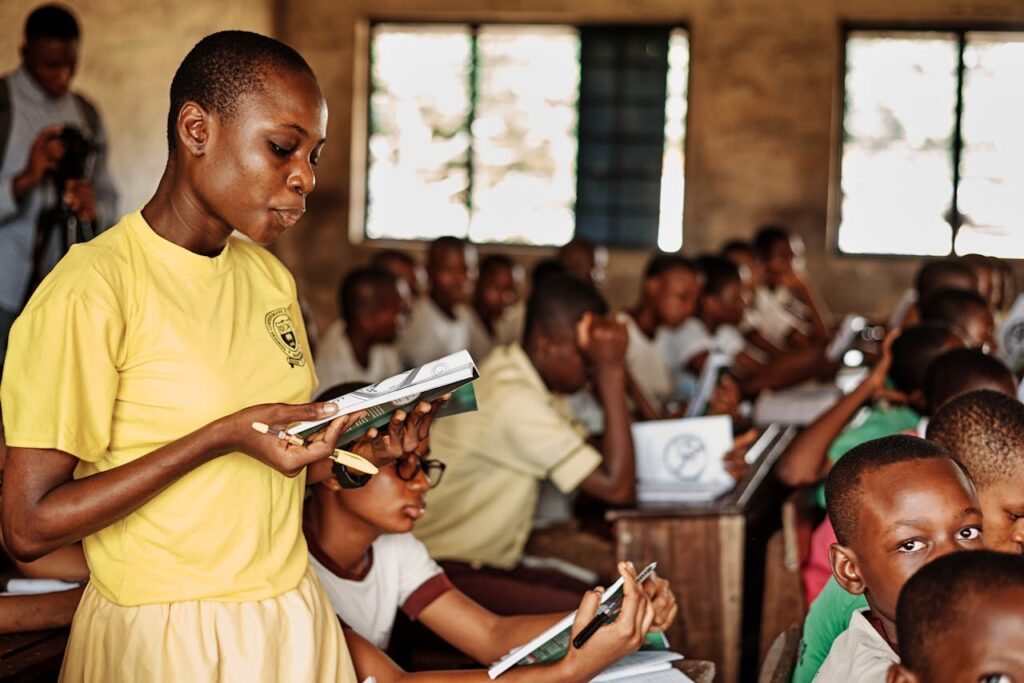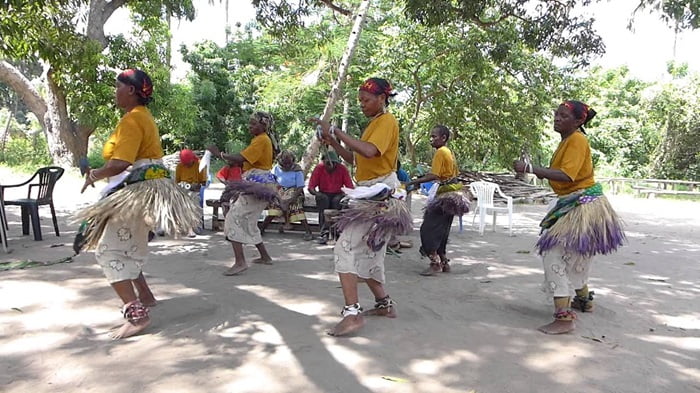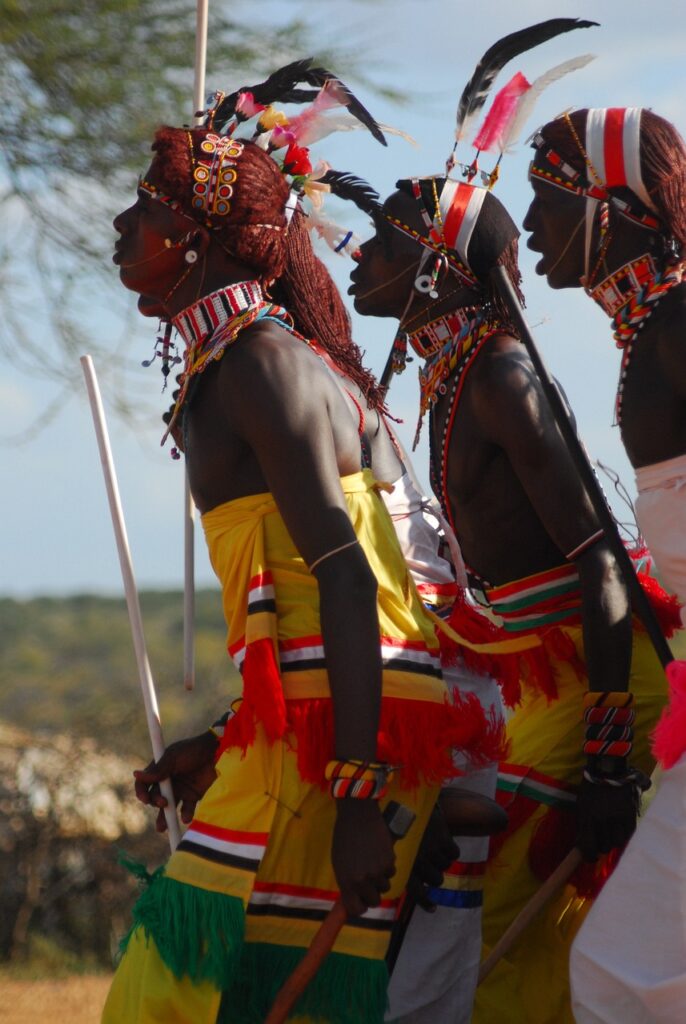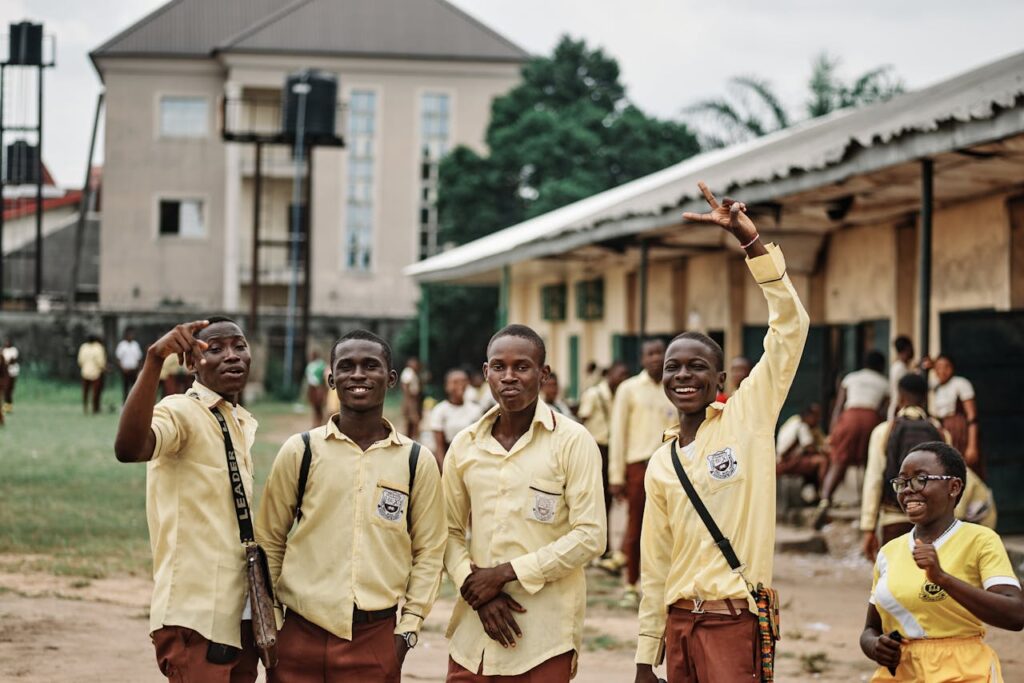Language is a fundamental aspect of culture, shaping how communities communicate, express identity, and preserve their heritage. In Tanzania, Swahili serves as the national language, but the country is home to over 120 ethnic groups, each with its own dialects and languages. This blog post explores the linguistic landscape of Tanzania, highlighting the importance of Swahili and the diversity of local languages that enrich the nation’s cultural fabric.
Swahili: The Heartbeat of Tanzania
Swahili, or Kiswahili, is more than just a means of communication in Tanzania; it is a symbol of national unity and cultural identity. Originating from the coastal regions, Swahili has incorporated elements from Arabic, Portuguese, English, and other languages, reflecting Tanzania’s historical interactions and trade relations.


Local Languages and Dialects
Beyond Swahili, Tanzania boasts a plethora of local languages, each spoken by different ethnic groups. For example:
- Maasai: Known for its rhythmic intonation and unique vocabulary.
- Chaga: Spoken by the Chaga people around Mount Kilimanjaro, characterized by its tonal nature.
- Haya: Used by the Haya community near Lake Victoria, featuring complex grammar structures.
Language and Cultural Identity
Language plays a crucial role in preserving cultural traditions and oral histories. Storytelling, proverbs, and traditional songs in local languages convey values, wisdom, and historical narratives passed down through generations.
Learning Swahili on Safari
For many travelers, learning basic Swahili phrases enhances their safari experience, fostering deeper connections with local communities. Future African Safari offers language immersion sessions where guests can learn essential phrases and understand the cultural context behind them.
Tanzania’s linguistic diversity is a testament to its rich cultural heritage. Whether conversing in Swahili or exploring local dialects, language enhances the safari experience, allowing for meaningful interactions and a deeper appreciation of Tanzania’s multifaceted culture. Join us to discover the vibrant languages that breathe life into Tanzania’s cultural landscape.



